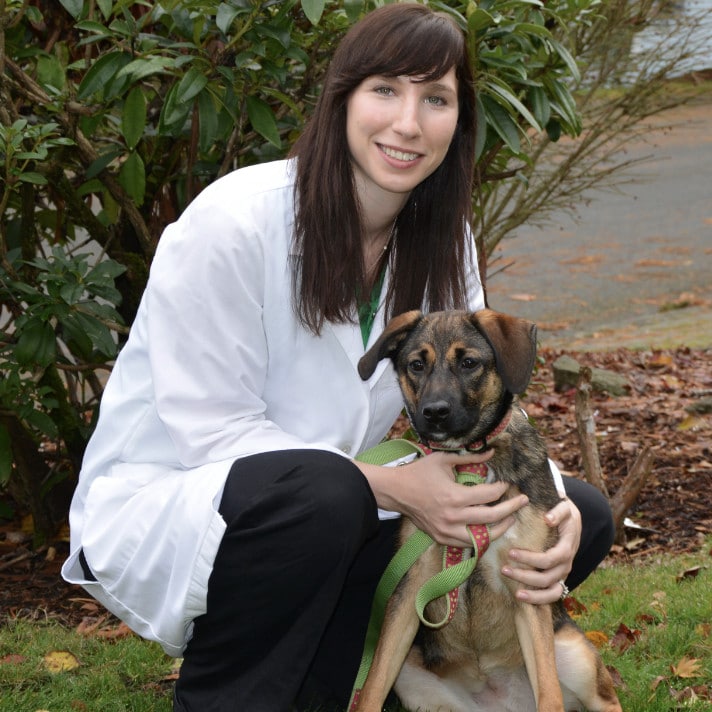Table of Contents
When Is a Dog Considered an Adult?
While age may be straightforward, the transition to adulthood in dogs is not, and it can vary significantly based on breed and even dog to dog. That said, most dogs are considered adults between the ages of one and two years, with smaller dogs tending to develop earlier than large breeds. Here’s a closer look at some changes that occur along the adorable path from puppy to adult.
Physical Maturity
Dogs, depending on their breed and genetics, grow at different rates. Small breeds like Chihuahuas might reach adulthood around 9 to 10 months of age, whereas larger breeds like Great Danes could take up to 24 months. It’s also worth noting that a dog’s physical maturity might not always align with their behavioral or emotional development. Physical changes that indicate maturity include:
Bone Growth
The development of a dog’s skeleton is an excellent gauge of physical maturity. Growth plates (epiphyseal plates) are soft regions at the ends of long bones in puppies and young dogs. These plates are essential as they allow the bones to elongate and grow by producing new bone tissue. As a dog matures, these growth plates undergo a process called “closure,” wherein they gradually solidify into bone. The timeline for this varies by size and breed. It’s important for pet parents to be aware of growth plates, especially when considering physical training or activities; overexerting a young dog can damage these areas, potentially leading to injuries or developmental issues.
Dental Development
By 6-7 months of age, most dogs have lost their 28 puppy teeth and have a full set of 42 permanent teeth.
Sexual Maturity
Sexual maturity refers to the stage of life when a dog becomes capable of reproducing. In female dogs this corresponds with the onset of esturs or the heat cycle. Most dogs reach sexual maturity between 6 to 9 months, but this varies. Larger breeds might take longer, not becoming sexually mature until 12 to 24 months.
Emotional and Behavioral Maturity
The transition from playful puppy antics to more sedate adult behavior is gradual. Puppies, in general, are innately curious and eager to explore their environment. This can manifest as chewing on almost anything, frequent play-fighting with littermates, and a seemingly inexhaustible energy for play. Puppies also go through specific fear periods during their development, where they might suddenly become wary of things they were previously fine with (an important reason to attend puppy classes and work on training and socialization).
As they transition into adulthood, dogs typically exhibit a decline in hyperactive behaviors and become more predictable in their actions and preferences. Their attention span often lengthens, which can make training sessions more productive. Adult dogs may also be more territorial and discerning in their interactions with other dogs.
How to Care For a Young Adult Dog
Annual Veterinary Checkup
At the one-year checkup, your veterinarian will assess your dog’s overall health and development to ensure they’re on the right track as they transition from puppy to adult Here’s a brief overview of what to expect:
- Physical Examination: Your vet will conduct a thorough physical examination, checking your dog’s eyes, ears, teeth, skin, and coat for any abnormalities. They’ll also listen to the heart and lungs and palpate the abdomen to check internal organs. It is recommended that adult dogs see the vet for an exam once a year.
- Weight and Growth: Your dog’s weight and size will be assessed to ensure they’re growing appropriately for their breed and age.
- Vaccinations: Booster shots, including Rabies and the Distemper/Parvo combo vaccine, will likely be due at this appointment. In addition to these core vaccines, you should discuss non-core vaccines such as Bordetella, Leptospirosis, Lyme, and Influenza, to determine if they are recommended for your dog. Vaccines are generally given to adult dogs every 1-3 years.
- Parasite Prevention: The vet will discuss or administer preventive treatments for fleas, ticks, heartworms, and other parasites. They may also conduct a fecal test and heartworm test.
- Behavioral Assessment: Any behavioral concerns or changes can be discussed, and guidance or referral to a dog trainer or behaviorist might be provided if needed.
- Dental Health: The vet will examine your dog’s teeth and gums, offering advice on dental care routines. If you have not already done so, this is a great time to begin an at-home dental routine, including daily teeth brushing.
Spay and Neuter
Spaying (removal of the ovaries and uterus in a female dog) and neutering (removal of the testicles in a male dog) are highly recommended for the health and longevity of your furry family member. If your dog hasn’t been spayed or neutered yet, the one-year checkup is a good time to discuss the benefits and timing for this procedure.
Nutritional Needs
A growing puppy has different dietary needs than an adult dog. High-energy, protein-rich puppy food that once fueled their growth might become excessive for a fully-grown dog, leading to potential weight gain. As a general rule, many pet parents begin transitioning to adult dog food around age one, but always consult with your veterinarian to ensure your dog’s unique needs are met – large breed dogs often benefit from continuing to eat a large breed puppy food for up to two years, while small breeds will likely be ready for this transition sooner.
Exercise
Puppies, known for their short energy bursts and lengthy naps, gradually develop enhanced stamina as they grow, necessitating more extended, consistent exercise sessions. This increased endurance often aligns with a need for structured activities, from obedience training to agility. The balance of intensity also shifts; while playful romps remain vital, adult dogs might appreciate a combination of leisurely walks and higher-intensity activities, such as games of fetch. Once fully grown, they may also become excellent running or jogging companions.
Training and Socialization
Mental stimulation remains important throughout your dog’s life, with mature dogs benefiting from increased challenges like puzzle toys, advanced training, or scent games. Socialization, too, retains its importance, though the nature of interactions might change.

Liza is a veterinarian who graduated from MSU CVM in 2013 and spent five years working in small animal practice. She loved working with dogs and cats and educating owners on all aspects of veterinary medicine, especially animal behavior and dermatology. She has since transitioned to remote work to be able to spend more time at home with her husband, two young kids, and two cats. She is thrilled to be able to combine her passions for veterinary medicine and writing. She is licensed as a veterinarian in Washington State.








